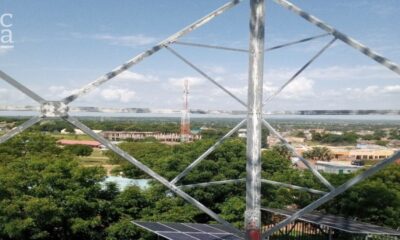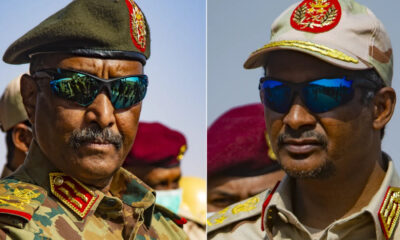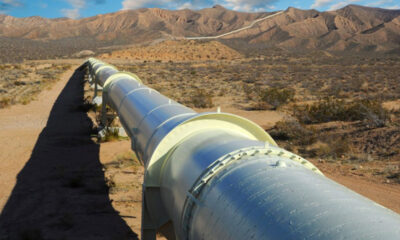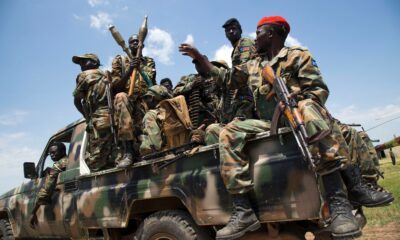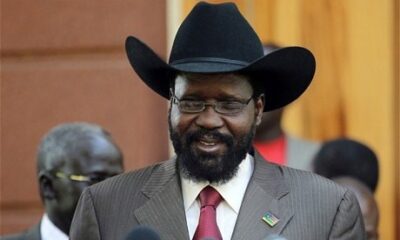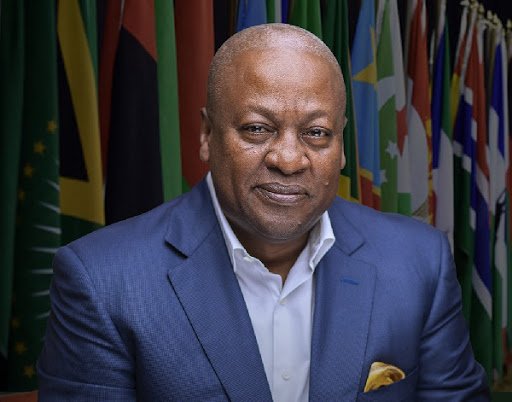According to a statement released by his transition team on Wednesday, Ghana’s President-elect, John Dramani Mahama, has designated an anti-corruption committee to investigate allegations of wrongdoing.
When he takes office next month, Mahama, the leading opposition candidate in the presidential election held on December 7 and who received almost 56% of the vote, has pledged to reclaim the proceeds of corruption and hold those responsible for it accountable.
In anticipation, an anti-graft squad has been established. The parliament’s Committee on Assurances, which has previously raised suspicions of governmental corruption, is chaired by MP Samuel Okudzeto Ablakwah.
An investigative journalist, a private attorney, a former auditor general, and a former police officer with experience in high-profile robbery cases make up the other three members.
After looking into alleged financial irregularities that took place during the previous administration, Daniel Dumelovo, the former auditor general, was fired.
Recovering lost assets and fighting corruption were two of Mahama’s main campaign pledges.
“He intends to hit the ground running on these commitments,” the statement said.
Eight years after leaving office, former President Mahama is back to head the West African country. Despite not being personally contaminated, he faced criticism during his 2012–2016 administration due to claims of political corruption.

 VenturesNow1 day ago
VenturesNow1 day ago
 Musings From Abroad1 day ago
Musings From Abroad1 day ago
 Metro1 day ago
Metro1 day ago
 Metro10 hours ago
Metro10 hours ago


